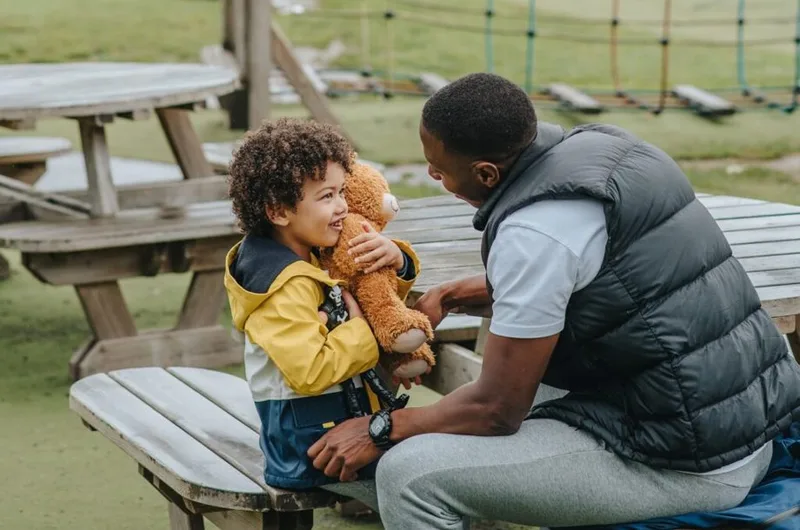What is Therapeutic Led Fostering?
Date published
03 January 2024

Due to their experiences, some young people require additional therapeutic support to both settle and thrive in a family home. This is why therapeutically led fostering was created.
Therapeutically led fostering combines fostering and therapy, but every child’s experiences are different and there’s no one-size-fits-all approach. Therapeutic led foster care is completely bespoke to the needs of each child.
At Olive Branch, our therapeutically led placements include additional support and training to empower the foster carer to feel confident. This is paired with a dedicated support group, specifically trained and in place to offer best in class support during your time as a therapeutic foster carer.
In this article we explore therapeutic led fostering and discuss the following areas in more detail:
What are the needs of children in therapeutic led foster care?
How do you become a therapeutic foster carer?
What support will you receive when you foster a child with therapeutic needs?
Understanding the needs of children in foster care will prepare you and your family for the journey ahead. Alongside kindness, patience and transparency, there are a few unique considerations to keep in mind when it comes to therapeutic fostering.
Not to be judgemental, as you may not know the full circumstances
Give the child time to open up as they may be worried or scared
The child might disclose some information to you during their stay
A child’s behaviour might reflect past trauma they have experienced
All children need structure because it creates a sense of normality and safety. It’s especially crucial for children in therapeutic led fostering who’ve come from chaotic, dangerous, and ever-changing backgrounds.
Structure means children know what to expect – life is stable with predictable activities, people, and behaviours. You can avoid surprises and triggers that may cause your foster child distress by keeping a routine.
What’s more, children gain freedom within a structured environment. When they’re not worried or frightened about what comes next, they have more headspace to play, create and communicate.
“Children who need the most love, will ask for it in the most challenging ways. If you have a desire to make a difference, and know you’ll feel comfortable to lean on the support network around you, then you’re ready to take the next step…” Hilary, Therapeutic Lead at Olive Branch Fostering
Therapeutic carers play a double role in providing a loving family home where a child can be safe and a therapeutic environment to assist with their road to recovery. Therefore, once you are in your fostering assessment, it will be explored whether therapeutic led fostering is right for you at this time.
If it isn’t, that’s not to say it can’t be re-explored again once you feel more confident in being a foster carer. You are provided with more in-depth training on therapeutic approaches, and we have a Clinician in each office who supports you every step of the way.
Emotionally robust, adaptable, and able to draw on your life experiences to date.
Comfortable working with a team of professionals, this is likely to include a Supervising Social Worker, Therapeutic Social Worker, Local Authority Supervising Social Worker, and schools. In many cases you’ll also be liaising with birth families.
In many cases you’ll also be liaising with birth families, so being open and comfortable in building these relationships is key. Understanding the importance of building relationships with birth families and ensuring stability and safety for the child when dealing with their emotions associated with this.
Never being afraid to ask for help, or reach out for support when you need it, that’s what the Olive Branch Therapeutic Support team are here for.
Confidence in taking on new ways of parenting – best suited to the child or young person living in their care. Seeing the value in the support network around you.
21-day respite for carers
Increased allowance
Daily contact from Olive Branch Fostering
Full training 24/7 support
Therapeutic support from a qualified clinician
Therapeutic care plan
Weekly visit from the support worker
Access to Education Liaison Officer.
To begin your fostering journey, call us on 01706 558910. We’re always happy to talk through your queries and provide more information. Or arrange a call back at a time that suits you
For more information on therapeutic fostering, head to the next page - Therapeutic Led Fostering
Fostering insights
03 January 2024